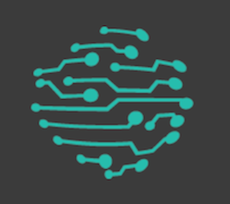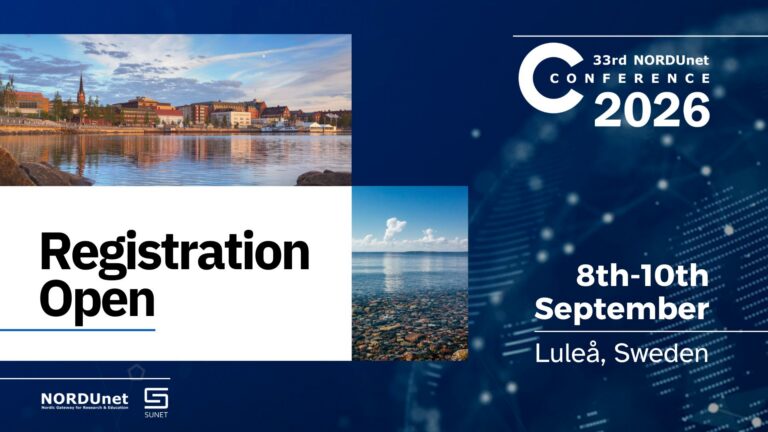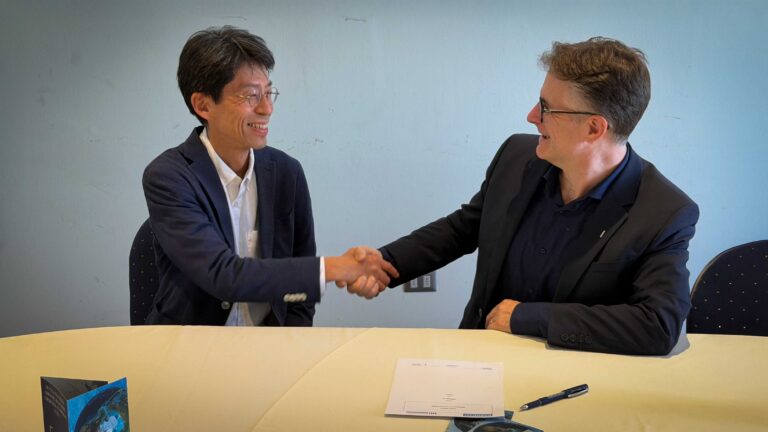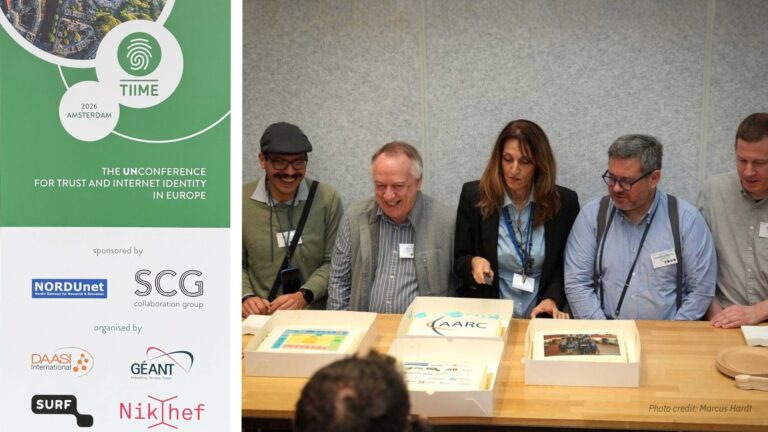Reciprocal backup agreement between ANA-200G and ESnet for next generation R&E intercontinental interconnect to support groundbreaking transatlantic research and education projects
Washington, DC – April 29, 2015 – At the Internet2 Global Summit today, the partners in ANA-200G and ESnet announced a new agreement that improves the resiliency of the world’s fastest inter-continental network for research and education.
ANA-200G is a fully resilient 100 gigabits per second (100 Gbit/s or 100 billion bits per second) network that traverses the North Atlantic Ocean and supports today’s most advanced, data-intensive research and education applications. This network is funded by four national research and education networks (NRENs): Internet2, NORDUnet, CANARIE, and SURFnet. ESnet provides scientists with access to unique Department of Energy (DOE) research facilities and computing resources, and is funded by DOE’s Office of Science. The agreement announced today enables reciprocal backup between ANA-200G and ESnet’s 340 Gbit/s transoceanic infrastructure.
The collaboration is critical for supporting data flows from European and North American research instruments, institutions and individual researchers. While fiber cuts in subsea cable systems are rare, if one occurs, the downtime on the cable system typically lasts for weeks, due to the complexity of repair processes and weather uncertainties.
Both ANA-200G and ESnet attained full production status at the end of 2014, and with this agreement they will function as one system in the unusual case of a major failure. This creates unprecedented stability at a capacity never before seen between two continents.
At the heart of the Advanced North Atlantic (ANA) system are Open Exchange Points that enable policy-free interconnects between autonomous networks.
ANA-200G is available to all kinds of research and education traffic, and complements the 340 Gbit/s that ESnet has deployed to support scientific missions of the U.S. Department of Energy, including high-energy physics experiments at the Large Hadron Collider. The new backup arrangement between ANA and ESnet binds the infrastructures together into a highly resilient and redundant system.
In fewer than two years, the research and education community on both sides of the North Atlantic has collaborated to rearchitect the 25 individually-procured 10 Gbit/s links to well over 540 Gbit/s (not counting a number of remaining 10Gbit/s links), capable of supporting individual data flows up to 100 Gbit/s. This would not have been possible without the advanced research and education networks—despite their different governance and funding models—working closely to achieve this goal.
The ambition of the ANA collaboration reaches far beyond what has been accomplished thus far. In addition to enabling congestion-free, ultra-fast connectivity between Europe and North America, the partners in this collaboration are working with other NRENs around the globe to extend similar network architectures to other continents at unprecedented speeds, through the next generation Global Network Architecture.
Dave Lambert, President and CEO, Internet2 (Washington, DC, USA), said “I am excited to see that we have jointly crossed the 500 Gbit/s mark. Today’s reciprocal backup agreement strengthens not only the network interconnect but also advances research and education, Internet2’s primary mission.”
René Buch, CEO, NORDUnet (Kastrup, Denmark), added “Both Research and Education have no boundaries, and are global endeavors, and this next step in ANA shows that advanced R&E Networks are able to jointly go where no-one has gone before.”
Jim Ghadbane, President and CEO, CANARIE (Ottawa, ON, Canada), said “This announcement demonstrates the determination and commitment of our partners to ensure researchers have the infrastructure they need to leverage massive data sets to create new knowledge and apply it to our most pressing problems.”
Erik Huizer, CTO, SURFnet (Utrecht, The Netherlands), added “I am happy that with the reciprocal backup agreement for the links in ANA and ESnet we have built a high-performance intercontinental interconnect that is very resilient at the same time.”
Greg Bell, ESnet Director and Berkeley Lab Division Director (Berkeley, CA, USA), said “As our community makes the transition to fewer but faster transatlantic links, reducing the impact of link failure is critical. This mutual backup agreement is a positive development for science, and for the growing spirit of collaboration among the world’s research networks.”
About Internet2®
Internet2® is a member-owned advanced technology community founded by the nation’s leading higher education institutions in 1996. Internet2 provides a collaborative environment for U.S. research and education organizations to solve common technology challenges, and to develop innovative solutions in support of their educational, research, and community service missions. Internet2 also operates the nation’s largest and fastest, coast-to-coast research and education network, in which the Network Operations Center is powered by Indiana University. Internet2 serves more than 90,000 community anchor institutions, 260 U.S. universities, 65 government agencies, 40 regional and state education networks, 85 leading corporations working with our community and more than 65 national research and education networking partners representing more than 100 countries. Internet2 offices are located in Ann Arbor, Mich.; Denver, Colo.; Emeryville, Calif.; Washington, D.C; and West Hartford, Conn. For more information, visit www.internet2.edu or follow @Internet2 on Twitter.
About NORDUnet
NORDUnet is a collaboration between the National Research and Education Networks (NRENs) of the five Nordic countries; Denmark (DeIC), Iceland (RHnet), Norway (UNINETT), Sweden (SUNET), and Finland (Funet). NORDUnet operates a world-class network and e-infrastructure service for the Nordic R&E community. The five NRENs develop and operate the national research network infrastructures, connecting more than 400 research & education institutions with more than 1.2M users. NORDUnet and the Nordic NRENs continuously work to further develop leading edge services and to push the technology envelope. NORDUnet provides global network connectivity, and is a key contributor to international partnerships such as GÉANT, GLIF, and GLORIAD.
About CANARIE
CANARIE designs and delivers digital infrastructure and drives its adoption for Canada’s research, education and innovation communities. CANARIE keeps Canada at the forefront of digital research and innovation, fundamental to a vibrant digital economy.
CANARIE’s roots are in advanced networking, and CANARIE continues to evolve the national ultra-high-speed backbone network that enables data-intensive, leading-edge research and big science across Canada and around the world. One million researchers, scientists and students at over 2,000 Canadian institutions, including universities, colleges, research institutes, hospitals, and government laboratories have access to the CANARIE Network.
CANARIE also leads the development of research software tools that enable researchers to more quickly and easily access research data, tools, and peers. In support of Canada’s high-tech entrepreneurs, CANARIE offers cloud-computing services to help them accelerate product development and gain a competitive edge in the marketplace.
Twelve provincial and territorial network partners, together with CANARIE, collectively form Canada’s National Research and Education Network (NREN). This powerful digital infrastructure connects Canadians to national and global data, tools, colleagues, and classrooms that fuel the engine of innovation in today’s digital economy.
Established in 1993, CANARIE is a non-profit corporation, with the major investment in its programs and activities provided by the Government of Canada.
About SURFnet
SURFnet is the National Research & Education Network (NREN) organization in The Netherlands. SURFnet enables students, lecturers, researchers and staff to work and collaborate easily, reliably and without boundaries by providing access to the best possible ICT facilities. We offer end users and institutions fast network connections and trusted access to a wide range of ICT services from institutional suppliers and market parties. Our services further ensure that customers are resistant to security incidents and cyber attacks. We also create new ICT applications that enable users to work and collaborate securely around the world, and are developing personalized education facilitated through ICT. All of our activities are carried out in close consultation with end users, institutions and business and governmental partners. SURFnet is part of SURF, the collaborative organization for ICT in Dutch higher education and research.
More information about SURFnet: www.surfnet.nl/en
About ESnet
ESnet is the high-speed mission network for the US Department of Energy, interconnecting the national laboratory system with 150 other networks, labs, and universities in the US and Europe. For 29 years, ESnet has helped scientists overcome constraints of geography to make breakthrough discoveries in multiple domains – including physics, chemistry, biology, materials science, and energy technologies.




